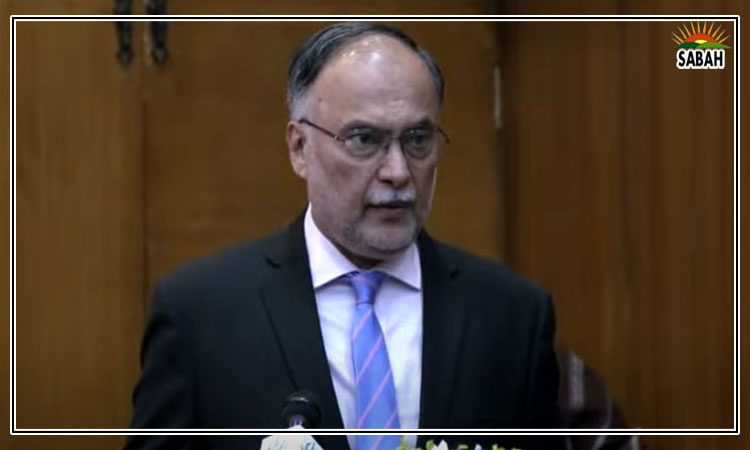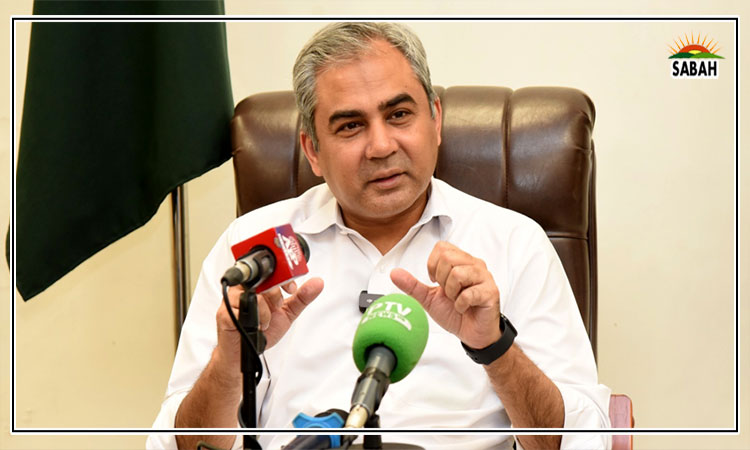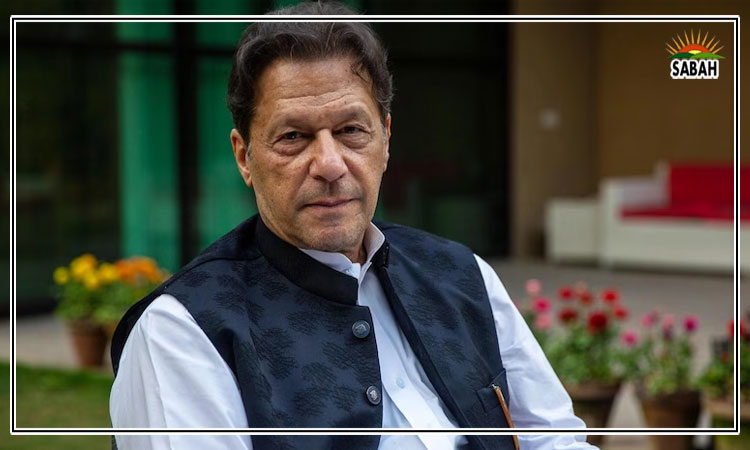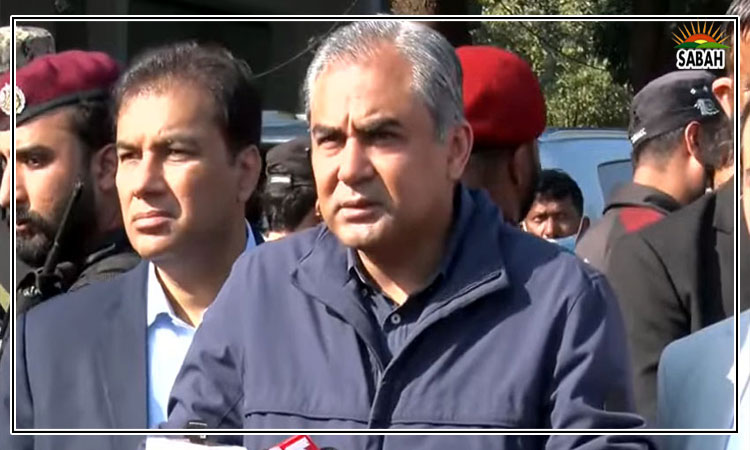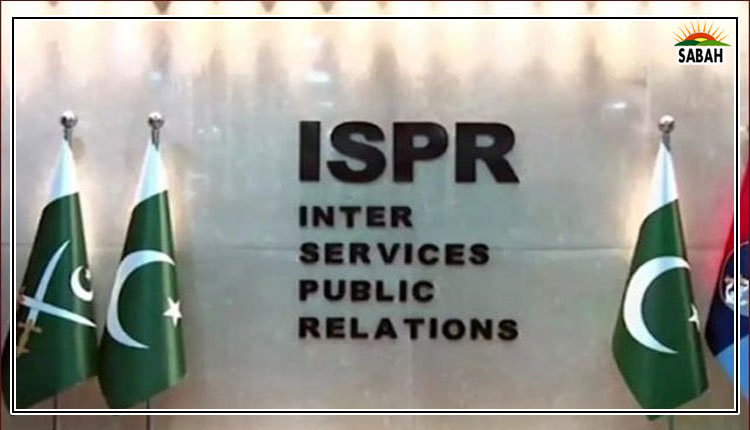What are the judicial reforms about?…Jahanzeb Sukhera
May you live in interesting times is a famous curse in the Chinese tradition. It appears that we have been hexed with this curse and cannot find the spell to lift it. The latest (at the time of writing this article) issue of interest is the hasty introduction of the Judicial Reforms Bill, 2023. The news sent constitutional lawyers in a frenzy who have been debating its validity and constitutionality since then. It is likely that this Bill will be put under the judicial microscope as soon as it is promulgated.
Let us take a look at the Bill, which primarily does five things. It seeks to structure the discretion of the chief justice of Pakistan with respect to the constitution of benches by forming a committee comprising the chief justice and the two senior-most judges in order of seniority. The decision of the majority of this committee shall determine which judges shall sit together to hear cases and what cases shall be placed before them to be heard.
Similarly, this committee shall also determine whether a case is fit to be heard directly by the Supreme Court either on petition of any person or suo motu. To do so, they shall examine whether the issue raises a question of public importance with reference to enforcement of any fundamental rights. Next, an appeal shall be provided against the final order of a bench of the Supreme Court exercising jurisdiction under Article 184(3) which appeal shall be fixed for hearing before a larger bench of the Supreme Court within 14 days. Furthermore, the Bill provides that where a litigant seeks to file a review against a judgment of the Supreme Court it shall have the right to engage a council of its choice. Lastly, the Bill stipulates that where an application pleads urgency or is seeking interim relief, such an application shall be fixed for hearing within 14 days of its filing.
The stipulations with respect to the appointment of a counsel in review petitions and early fixation of urgent matters are not the subject of national interest currently. However, these are welcome amendments as they address problems that have regularly been raised by litigants and lawyers. Currently, the Supreme Court Rules require that the same lawyer who argued the original case before the Supreme Court, shall file and argue the review petition, if filed unless the Supreme Court allows the substitution of counsel. This rule often causes difficulty for both litigants and counsel, for the reason that litigants frequently wish to change their lawyers if they feel that their case was lost owing to the lack of diligence or competence of the lawyer.
Requiring such litigants to continue with a lawyer that they no longer have confidence in was uncomfortable. Furthermore, this rule also placed lawyers in an awkward position where a new counsel would have to seek permission of the old council to apply for substitution. Oftentimes, both of these counsels would have to appear together in court while the court decided whether or not to allow the replacement. The proposed amendment solves both of these issues.
Stipulating a time period within which applications pleading urgency or seeking interim relief are to be fixed also solves a common problem. Currently, perhaps owing to the workload of the Supreme Court, urgent applications often do not get fixed in time to protect the party against imminent harm. By the time the application is fixed, the harm is done and there is nothing that the Supreme Court can do to make the party whole again. So, this amendment also fixes an important problem.
Now we come to the juicy part of the Bill. Had these amendments been proposed at a different time, perhaps the interest in them would not have been on this scale. However, the introduction of the Bill is being linked with the proceedings of the Supreme Court in the matter of Elections in Punjab and Khyber Pakhtunkhwa. Some commentators are alleging that the purpose of the Bill is to obtain some kind of benefit relating to these proceedings. What these amendments requiring a committee of the senior most three judges of the Supreme Court to constitute benches and decide whether or not to entertain a matter under Article 184(3) seek to do is to regulate what are currently the powers of the chief justice. These amendments diversify the source of these powers so as to make these decisions of a collegiate body.
In the backdrop of objections being made by the PDM and its supporters to the inclusion of certain judges on matters having a political nexus, these amendments appear combative. However, if we remove the context, these amendments seek to achieve what has been advocated by not only lawyers but also judges. Taking complete power out of the hands of one person and placing it in a collegiate body, theoretically, tempers decision-making.
The idea is that there is a greater likelihood that the minds of several shall arrive at a more reasonable and unemotive decision as compared to when complete power is vested in an individual. This theory has also mostly been proven true. In our context where the character of the judiciary swings dramatically from the tenure of one chief justice to another, these amendments may very well bring more consistency to its role.
What then is the problem? For any act of the legislature to be valid, it has to be within its competence. There are two sources of competence to legislate in parliament. First, some parts of the constitution explicitly state that parliament shall make law in respect of certain matters. Second, the constitution states that parliament to the exclusion of the provincial assemblies shall have competence to make law with respect to matters in the Federal Legislative list scheduled to the constitution. Item 55 of the Federal Legislative List states that the Parliament shall have the competence to make law with respect to the jurisdiction and powers of all courts relating to the other matter listed in the Federal Legislative List, except the Supreme Court. With respect to the Supreme Court, it is provided that parliament may enlarge its jurisdiction or provide supplemental powers.
To further complicate things, Article 191 of the constitution states that the Supreme Court itself may make rules to regulate its procedure. However, this power has been made subject to the constitution and law. It is this mention of the word law in Article 191 which has been made the source of competence by the government in introducing the Bill. This position, however, may not be correct. Item 55, as stated above, restricts parliament from limiting the powers of the Supreme Court. If it is the case that the ability to make rules to regulate procedure is a power then the proposed law does appear to limit the Supreme Courts power. This is for the reason that if this law is in place, the Supreme Court shall not be able to deviate from the procedure prescribed and, in that sense, shall have powers that are limited compared to if the law was not in field.
What then does the word law appearing in Article 191 refer to? There are several laws which provide appeals directly to the Supreme Court. The Election Act, 2017 and the Medical Tribunal Act, 2020 are two examples. It appears that the law refers to such laws wherein procedure as to the conduct of cases emanating in them is prescribed. So, for example if such law, granting enhanced jurisdiction and supplemental power, states that a bench of at least three judges shall hear the appeal, then the Supreme Court would not be able to make a rule contrary to this dictate.
It may also be recalled that the Supreme Court in the case of Baz Muhammad Kakar held that provision of the Contempt of Court Act, 2012 which provide for a procedure for the fixation of the contempt case before a bench constituted by the chief justice and transfer of the case before a different bench were an impermissible clog on the powers of the chief justice to constitute benches. Thus, currently, the bar constituting an offence against the powers of the chief justice to constitute benches is set very low.
Lastly, if this legislation is directed to seek a benefit relating to the elections case, then the real item of interest would be the appeal proposed. This right of appeal could possibly have the effect of delaying the matter. This delay could be of over 30 days from the day the Supreme Court finally decides this case as it is possible that the aggrieved party would file the appeal on the very last day of the limitation period. Thereafter, a further period of time would be taken by the appellate bench. Also, while it is unlikely that there would be any real impact on the outcome, the case being heard by a bench having different judges will be of interest.
Courtesy The News



